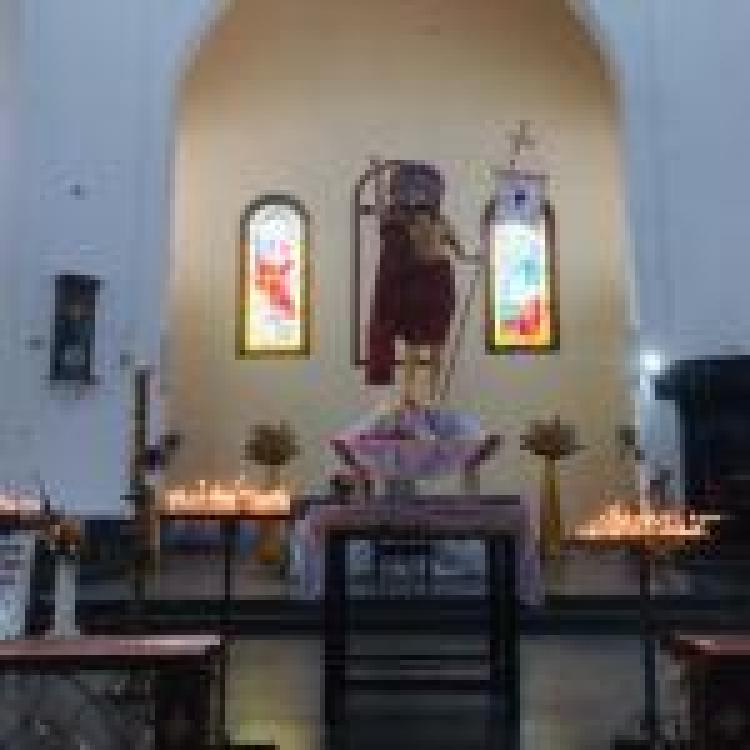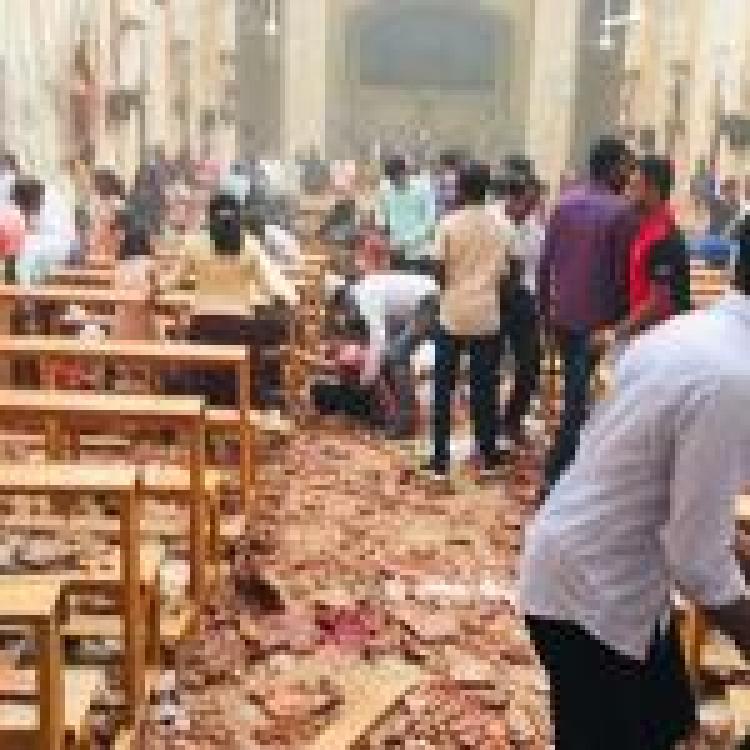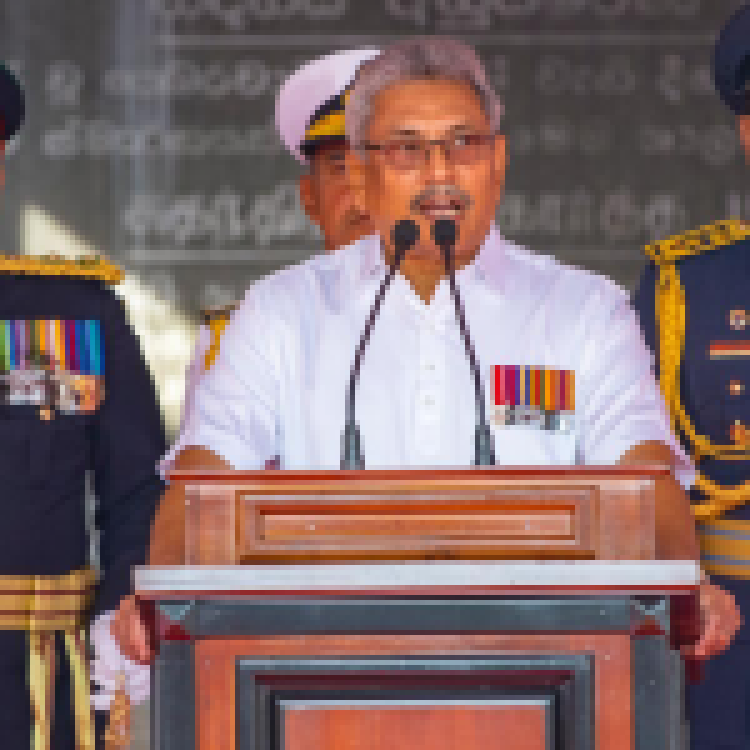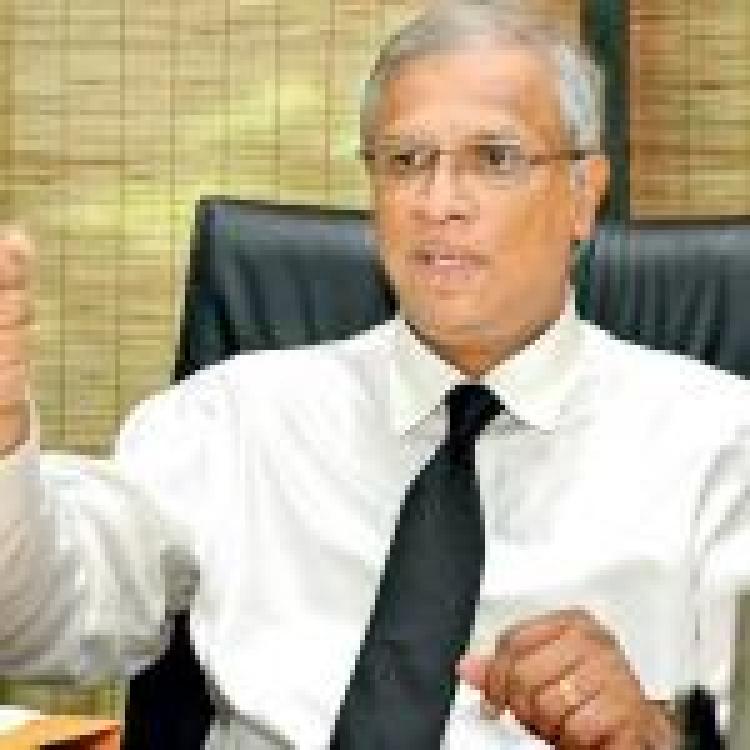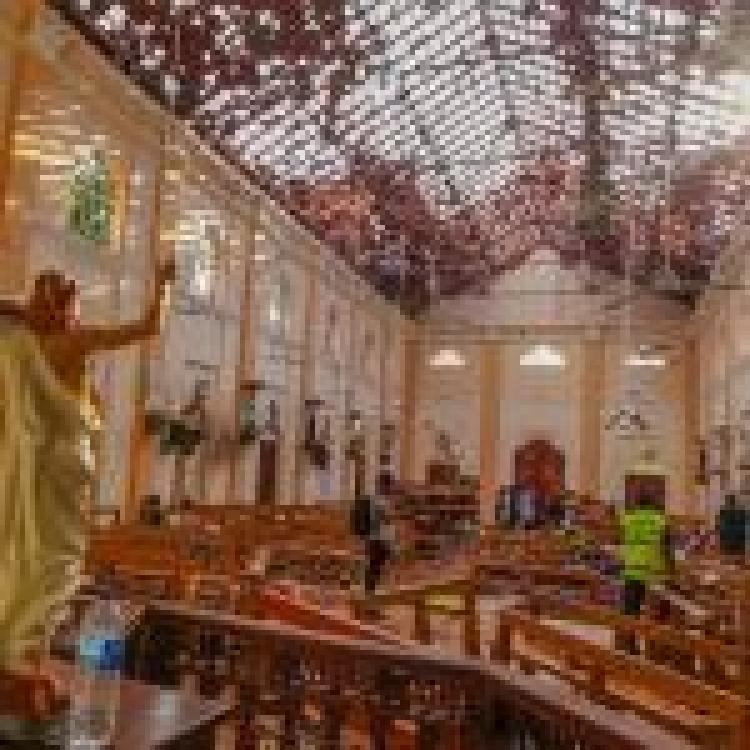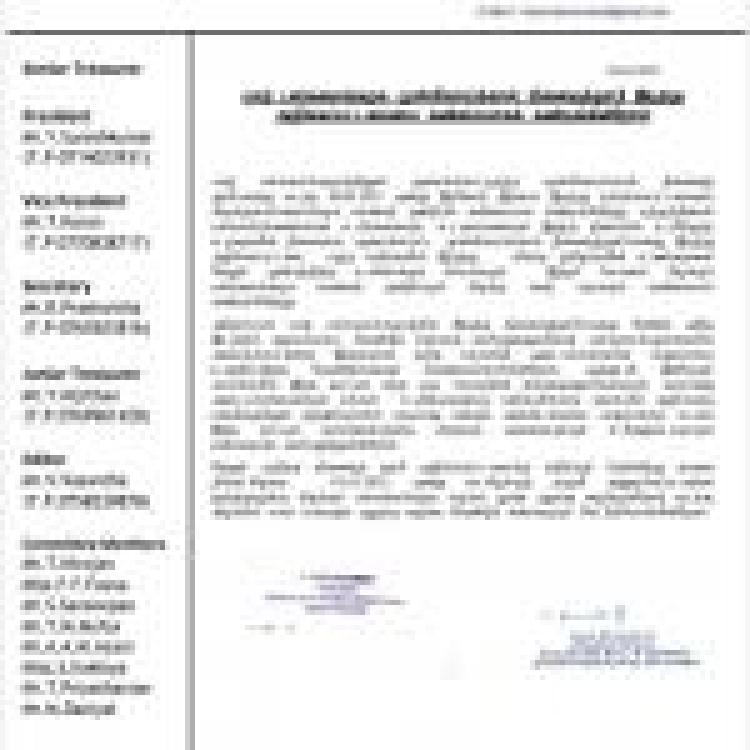![]()
Speaking in Parliament, former Sri Lankan Prime Minister, Ranil Wickremesinghe admitted that the Government of India had alerted Sri Lanka’s Police intelligence service of the Easter Sunday attacks hours prior to the incident however the police failed to act.
Over 270 people lost their lives during the attack and a further 500 were injured.
In his statement, Wickramasinghe noted that then Minister Harlin Fernando had advised his father to avoid attending church services that Easter. He added that if the Police failed to act on Indian intelligence reports, they could not be expected to act on a warning from Harlin Fernando’s father.
![]()
Months after the attacks, Sri Lanka’s own Parliamentary Select Committee (PSC) report said the security forces may have allowed the bombings to proceed in order to “create chaos and instil fear” ahead of the presidential elections that took place in 2019. The report highlights that Sri Lanka’s intelligence officials had known the names of five of the 6 suicide bombers but failed to act to prevent the atrocities.
The report said that “further investigations will be needed to understand whether those with vested interests did not act on intelligence so as to create chaos and instil fear and uncertainty in the country in the lead up to the Presidential Election”.
It went on to state,
“Such a situation would then lead to the call for a change of regime to contain such acts of terrorism. Coincidently or not so coincidentally, the security situation and fear would be unleashed months away from the Presidential Election… These are extremely serious observations that can impact the democratic governance, electoral processes and security of Sri Lanka and must require urgent attention.”
The report also questions whether Zahran Hashim, leader of the National Thowheed Jamaath, and the alleged mastermind behind the attacks “had the support and patronage of some politicians and intelligence”.
Read more here: Remembering the blasts – 2 years on from the Easter Sunday attack
Read more here.



